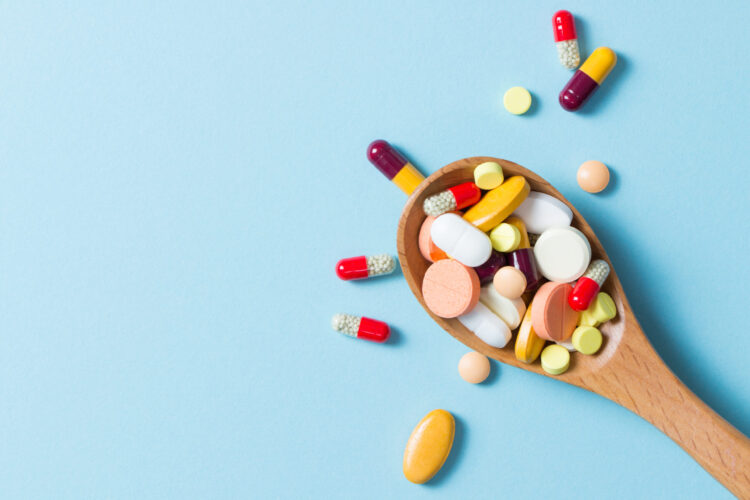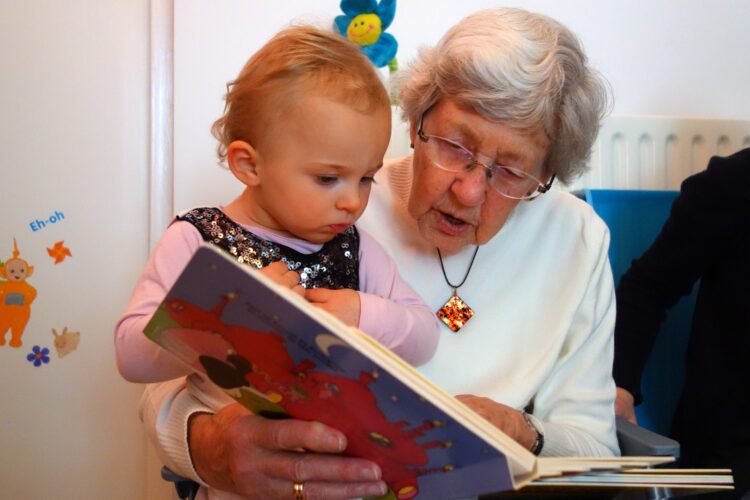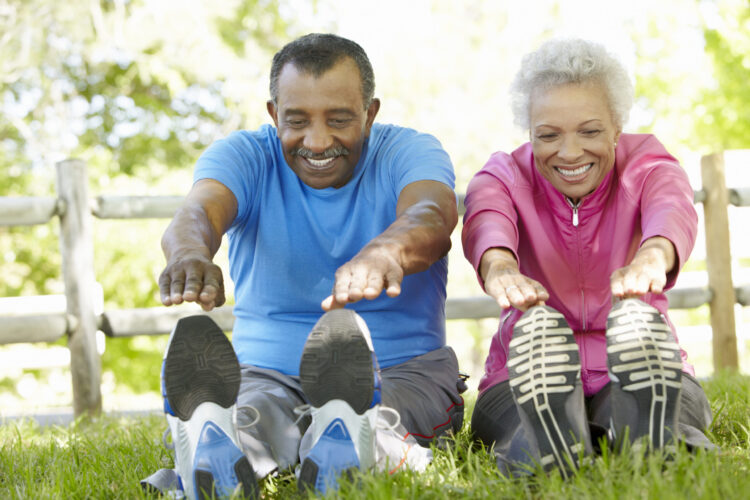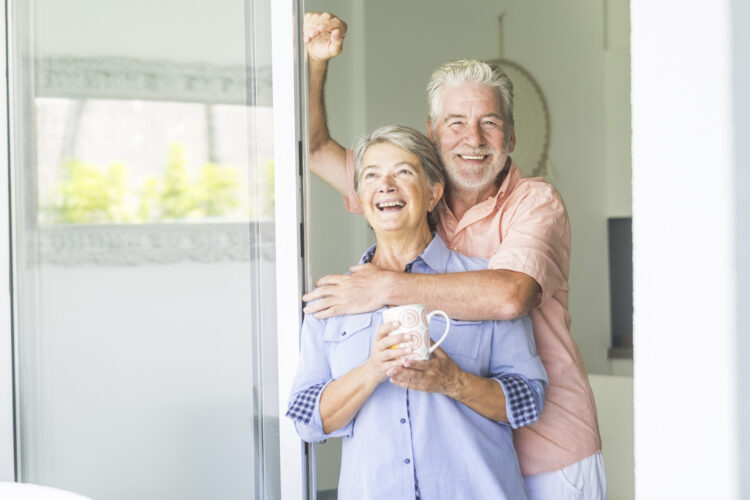Although most retired people are not as busy as they used to be, many report that they get very tired during the day, yet have trouble falling asleep at night.
The inability to sleep is one of the most common complaints that older adults report to their treating physicians. Seniors who do not get enough sleep may feel depressed, have attention and memory problems, and feel incredibly tired all day.
Sleep problems may include waking frequently during the night, morning headaches, insomnia, and not feeling rested. Common factors leading to one’s inability to sleep include stress, overactive bladder disorders, and the excessive intake of alcohol or caffeine.
Sleep apnea is a sleep disorder that causes cessation of breathing for up to two minutes at a time, many times each night. It is usually accompanied by loud snoring. Another sleep disorder, Restless Legs Syndrome or RLS, is emerging as one of the most common suffered by seniors. People with RLS feel tingling, crawling sensations or pins and needles in one or both legs, and symptoms are often worse at night.
Sleeping pills may provide some people with short-term relief. However, should they be used for extended periods of time, side effects can include confusion, dizziness, or balance problems. Then again, seniors who experience insomnia may be suffering the anticipated side effects of prescribed medications.
The National Institute on Aging has developed a list of specific behavioral techniques that can assist seniors in getting a good nights sleep:
- Follow a regular schedule. Go to sleep and get up at the same time each day. Napping during the day may keep you up at night.
- Develop a bedtime routine that involves watching TV, reading a book, listening to music or soaking in a warm bath in the 30-45 minutes before bedtime.
- Exercise at regular times each day, but not within three hours of your bedtime.
- Make an effort to get outside in the sunlight each day.
- Large meals close to bedtime may keep you awake, but a light snack in the evening can help you get a good nights sleep.
- Stay away from caffeine (coffee, tea, cola and hot chocolate) late in the day.
- Drink less liquid in the evening so that waking up to go to the bathroom will not interfere with your ability to get back to sleep.
- Remember that alcohol won’t help you sleep. Even small amounts make it harder to stay asleep.




